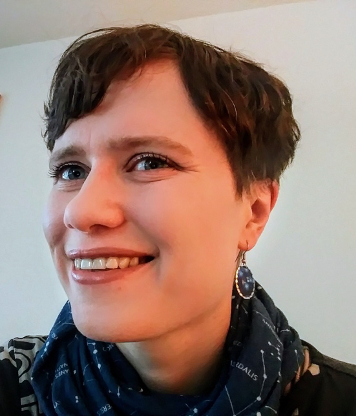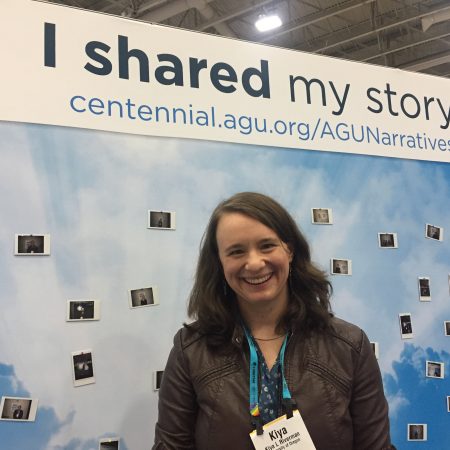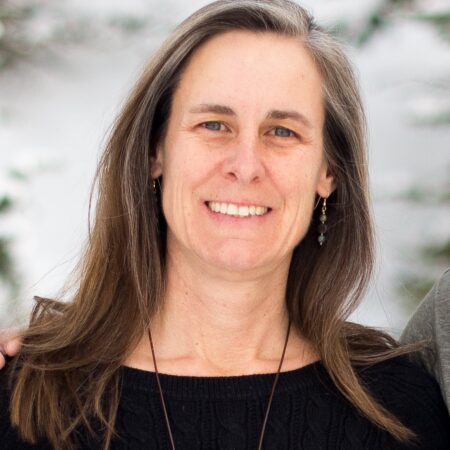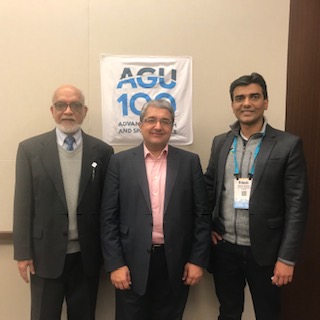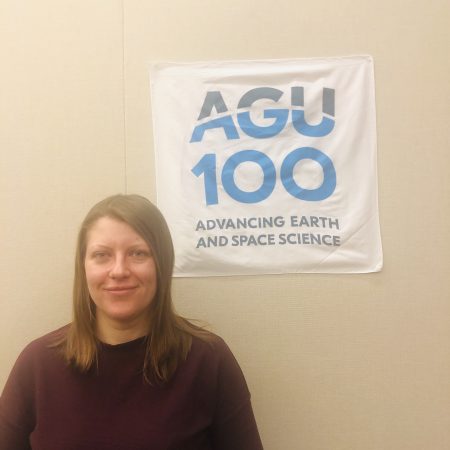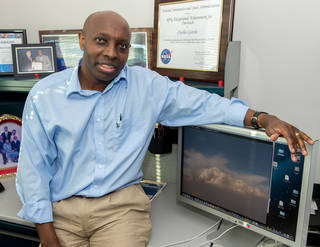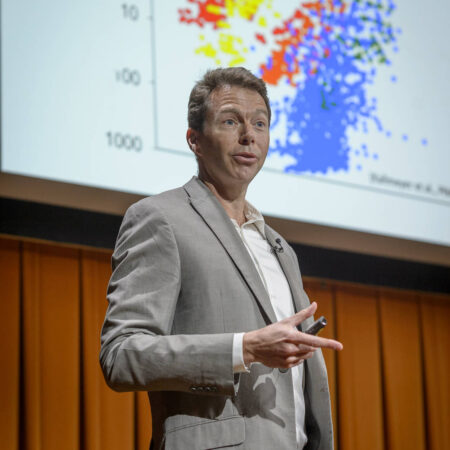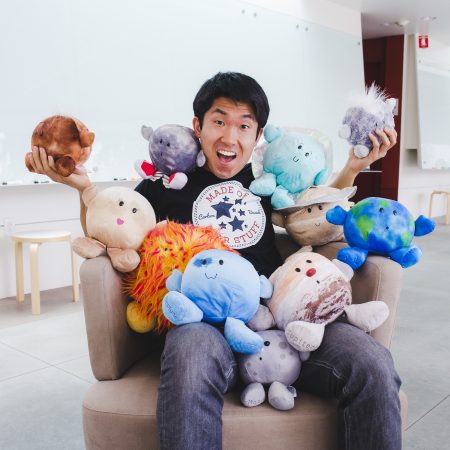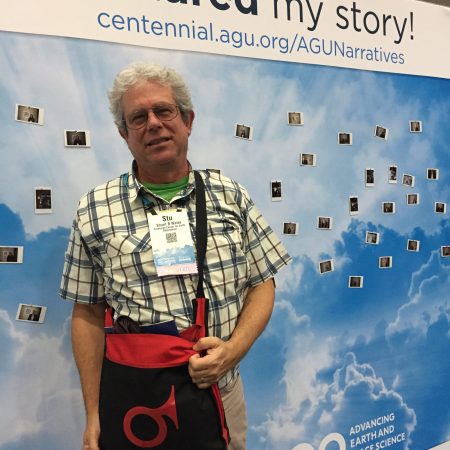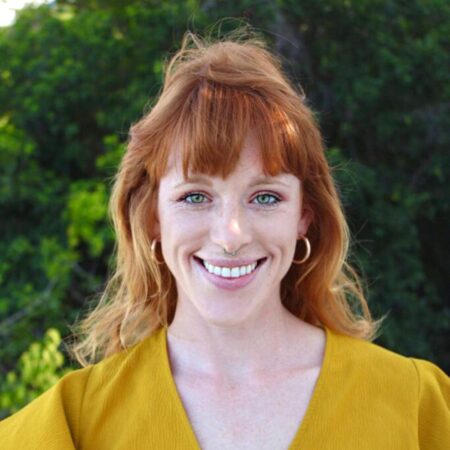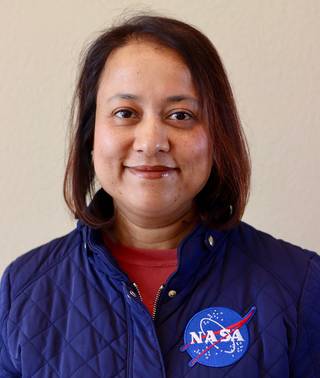Refine
Date Range Clear
Recorded by Clear
Keywords Clear
- Science Communication 41
- Science in society 41
- #AGU100 30
- #AGU 27
- Women in Science 19
- NASA 18
- 149 more
Partnerships Clear
- No matching terms.
Organizations Clear
Places Clear
Languages Clear
Initiatives Clear
- No matching terms.
Steve Montzka has been at NOAA for 28 years, working on atmospheric science, atmosphere chemistry, and trace gases in the atmosphere. He started there as a post-doc, drawn by the work he saw NOAA scientists doing on the hole in...
Growing up in Chicago, Gary Jedlovec dreamed of running his own weather station and becoming the next great TV weather forecaster. However, that all changed when he discovered meteorological research. Now well into his career as the Chief of the...
Jeffrey Myers knows his way around aerial photogrammetry. As a former lead manager at the Airborne Sensor Facility at NASA’s Ames Research Center, Jeffrey’s work with data collection and earth mapping has been affiliated with NASA’s U-2 program, MODIS, and...
Dorian Janney is a science communicator for NASA asking the big question: how do we make science accessible? Sparked into Earth Space Science through her son’s curiosity with space, we talk to Dorian on how her journey as an educator...
As the Scientific Visualization lead for NASA’s Goddard Space Flight Center, Mark SubbaRao oversees the translation of NASA science into images and movies. For Mark, science visualization is a key communication tool that allows the public to interact and explore...
Thomas Wagner, NASA's Program Scientist for the cryosphere, discusses how his life has developed to study the Arctic and Antarctic. Even though as a student he initially found himself bored by studying glaciology, he soon discovered a passion for polar...
Sanjoy Som, Director of the Blue Marble Space Institute of Science, believes in the importance of space science as a common goal of humanity, regardless of country – the founding inspiration of his institute. He talks about his passion for...
Melissa Scruggs is currently working towards earning her PhD in Volcanology at UC Santa Barbara, and there's nothing else in the world she would rather be doing. But she didn't always know this- after dropping out of high school to...
An inspiring physics teacher, a lesson on the Copernican Revolution, and an immense awe sparked by the night sky ignited a passion for learning and research for Dr. Thomas Zurbuchen, Associate Administrator for NASA's Science Mission Directorate. Dr. Zurbuchen shares...
Michele Koppes and Heidi Roop met “on an incredible landscape on the edge of the Greenland ice sheet about two years ago.” The conversation that followed made both of them think more closely about the value of science communication and...
Gael Cascioli is a planetary scientist at NASA’s Goddard Space Flight Center where he focuses on planetary geodesy — the measuring of the gravity field and shape of a planet — and is working on the upcoming VERITAS mission which,...
Dr. Egle Cekanaviciute is a Principal Investigator and Research Scientist in the Radiation Biophysics Laboratory at the NASA Ames Research Center. She is also one of the Course Directors for STAR (Spaceflight Technologies, Application and Research), an intensive training course...
Kiya Riverman ended up studying glaciers because, on a field work trip, she was one of the few who could fit the ice cave in the glacier. She recalls, “you're surrounded by glaciers and then sometimes you're underneath glaciers. And...
When it comes to data archiving, Michele Thornton has you covered. As a Geospatial Data Professional for ORNL-DAAC, Michele ensures that NASA funded research is accessible not only to researchers out in the field but to a larger user community...
With experiences from Azerbaijan, India and the United States, three scientists discuss how they’ve shared their passion for science in society and data transparency from generation to generation. They hope future generations continue to use data to help people withstand...
Why do people feel they way they do about issues? Why do lawmakers and policy leaders seemingly act against their better interests? And how can information be developed in a way that leads not just to greater understanding, but to...
Ana Jeleapov studies landscape geography and hydrology at the Institute of Ecology and Geography in Moldova. She and a small team of scientists are trying to decrease flooding in Moldova. “Floods are a natural phenomenon” with sometimes deadly impact on...
James Famiglietti, hydrologist and Director of the Global Institute for Water Security, University of Saskatchewan, discusses his work with NASA's Gravity Recovery and Climate Experience (GRACE) and the evolution of technology throughout his career including its impact on water security....
Dr. Charles Gatebe's research focus is on clouds aerosols, ecosystem structure and function, albedo, and feedbacks to climate. In this interview, we chat about his science journey pursuing science, starting with his interest in studying Kenya’s air pollution, and how...
Dr. Tori Hoehler is a scientist at NASA Ames, with a background in chemistry and oceanography. He now studies the interaction of microbial communities with their environment, with an emphasis on the habitability of environments beyond Earth and the detectability...
Michael Wong is just as comfortable talking about science as he is with working on it. Currently a post doc at the University of Washington in Seattle, he talks about his work and path through science, from being inspired as...
When Christa Peters-Lidard cold-called the head of NASA’s hydrology lab as an undergrad, she wasn’t thinking she’d eventually land that very position. Now as the Acting Director for Sciences and Exploration at NASA’s Goddard Space Flight Center, Christa oversees several...
“When you find yourself climbing San Bruno Mountain just south of San Francisco with a butterfly net collecting mission blue butterflies to repopulate on Earth Day, it doesn't get better than this.” Stuart Weiss is passionate about conservation ecology. He’s...
Allison Holevoet is a Mangrove Restoration Coordinator with the University of the Virgin Islands for the SEAS Islands Alliance and works with GRROE (Growing, Research, Restoration, Outreach, and Education) US Virgin Islands Mangroves which, on top of post-hurricane restoration projects,...
Dr. Naseem Rangwala is an astrophysicist and project scientist for the SOFIA mission. SOFIA, or the Stratospheric Observatory for Infrared Astronomy, is a modified Boeing 747 airplane carrying a large telescope. SOFIA observes the universe through long infrared wavelengths. As...
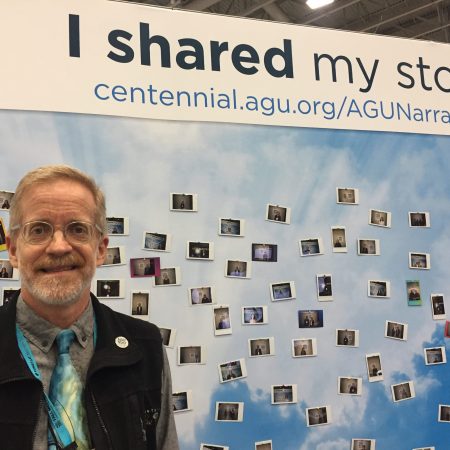
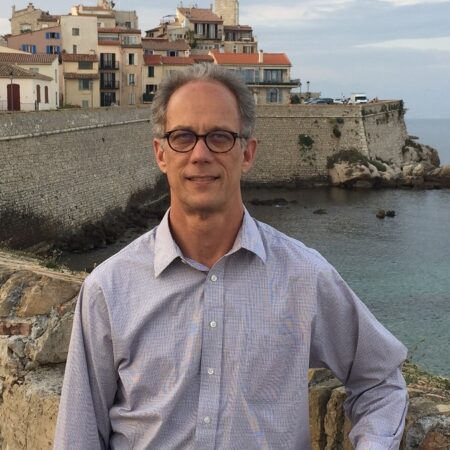
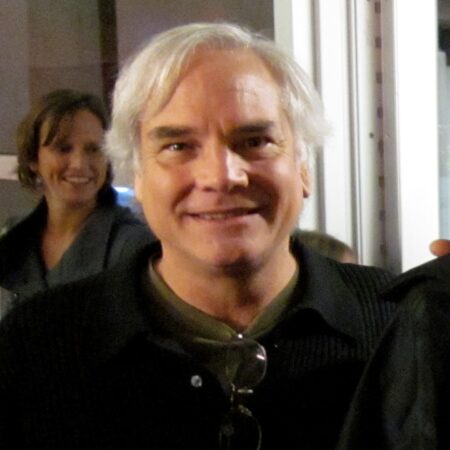
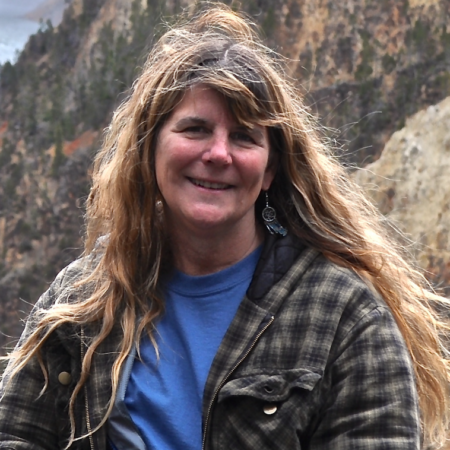
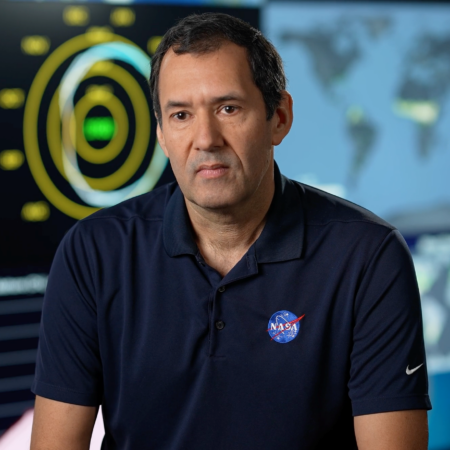
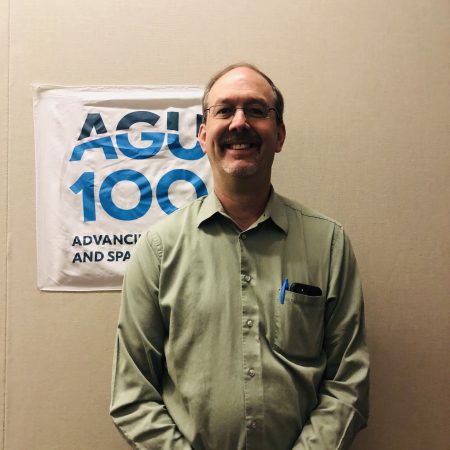
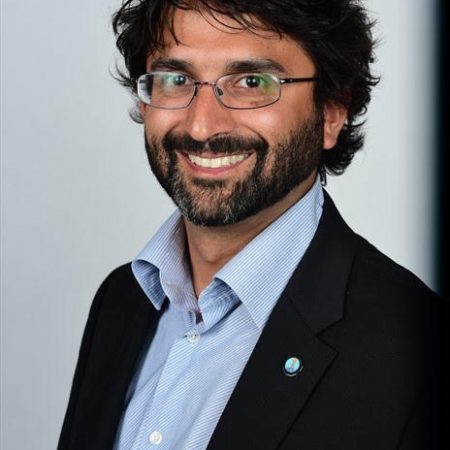
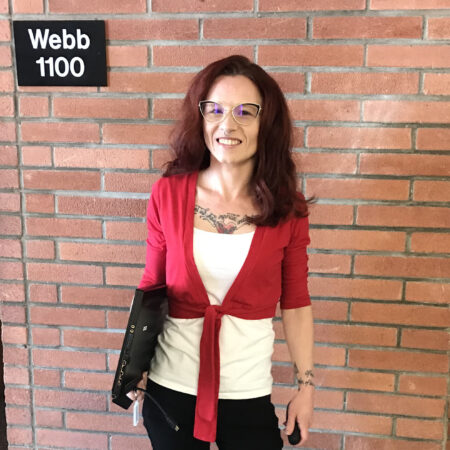
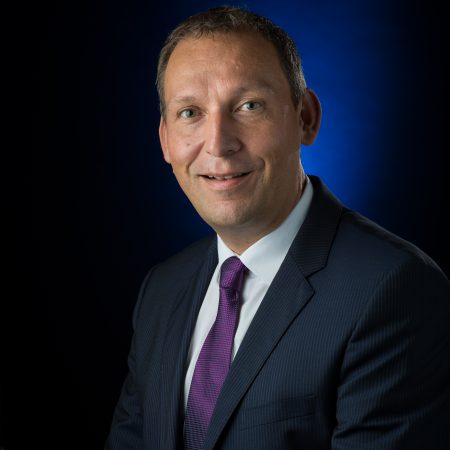
![“How is it that we collect stories [and] create spaces for those stories to be told?” An interview with Michele Koppes and Heidi Roop](https://archive.storycorps.org/uploads/2019/07/181212_Koppes-and-Roop_Booth-450x450.jpg)

